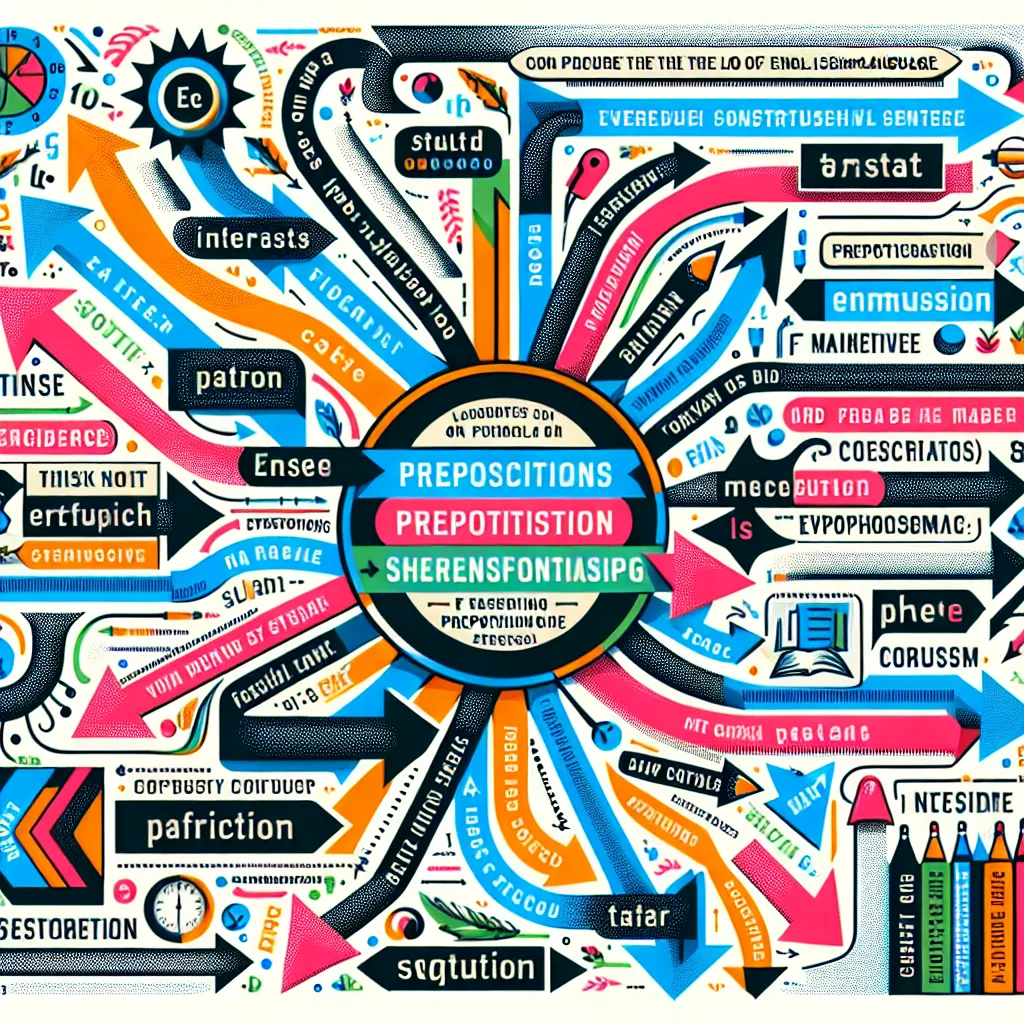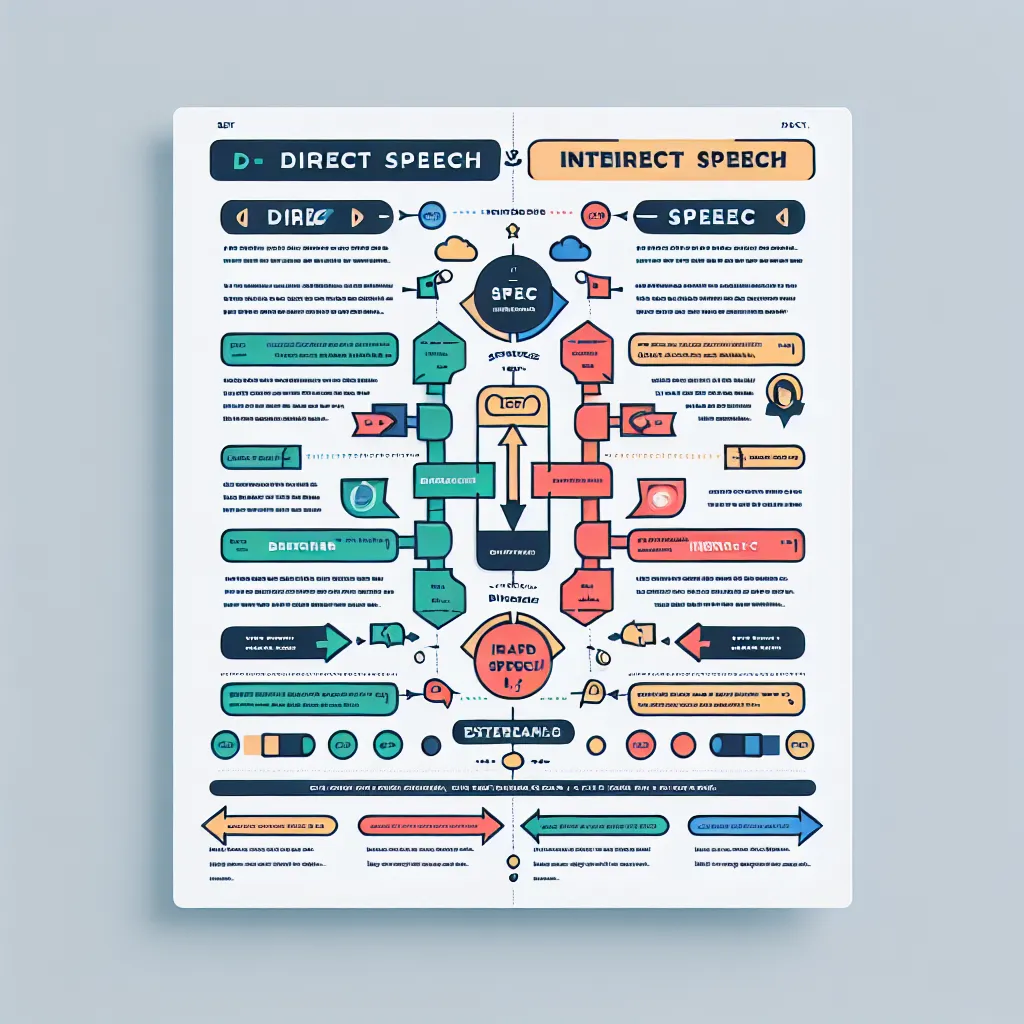Prepositions are essential components of the English language, yet they can be tricky to master, especially for non-native speakers. Improving your use of prepositions in writing is crucial for clear communication and enhancing the overall quality of your work. This article will provide you with practical tips and strategies to help you improve your preposition usage and take your writing to the next level.
Understanding the Importance of Prepositions
Prepositions are words that show the relationship between other words in a sentence. They typically indicate location, time, direction, or other abstract relationships. Proper use of prepositions is vital for conveying your intended meaning accurately and avoiding confusion in your writing.
 Importance of Prepositions
Importance of Prepositions
Common Challenges with Prepositions
Many writers struggle with prepositions due to several factors:
- Lack of direct translation between languages
- Idiomatic usage in English
- Prepositions with multiple meanings
- Subtle differences between similar prepositions
Understanding these challenges is the first step towards improving your preposition usage.
Strategies to Improve Preposition Usage
1. Study Preposition Lists and Their Meanings
Start by familiarizing yourself with common prepositions and their basic meanings. Create flashcards or use online resources to memorize prepositions such as:
- in, on, at (for time and place)
- to, from, towards (for direction)
- with, without, by (for manner or means)
- of, for, about (for relation or purpose)
2. Practice with Contextual Examples
Merely memorizing prepositions isn’t enough. You need to understand how they’re used in context. Study example sentences and try to create your own. For instance:
- “The book is on the table.” (location)
- “We’ll meet at 3 PM.” (time)
- “She’s walking towards the park.” (direction)
3. Read Extensively in English
Reading a variety of English texts can help you internalize correct preposition usage. Pay attention to how prepositions are used in different contexts:
- News articles
- Academic papers
- Fiction books
- Online forums and blogs
Take note of any unfamiliar or interesting preposition uses you encounter.
4. Use Preposition Exercises and Quizzes
Engage in targeted practice with preposition exercises. Many online resources offer interactive quizzes and fill-in-the-blank exercises. Regular practice will help reinforce correct usage patterns.
 Preposition Exercises
Preposition Exercises
5. Learn Prepositional Phrases
Prepositional phrases consist of a preposition followed by a noun or pronoun. Understanding common prepositional phrases can significantly improve your writing. For example:
- “in spite of”
- “according to”
- “by means of”
- “with regard to”
Practice using these phrases in your own sentences to become more comfortable with them.
6. Pay Attention to Preposition Collocations
Some words naturally pair with specific prepositions. These combinations are called collocations. Learning common collocations can help you use prepositions more naturally. For example:
- depend on
- interested in
- responsible for
- proud of
Create a list of common collocations and practice using them in your writing.
7. Use Online Tools and Resources
Take advantage of online resources to improve your preposition usage:
- Grammar checkers: Tools like Grammarly can help identify preposition errors in your writing.
- Corpus websites: Websites like the British National Corpus allow you to see how prepositions are used in authentic contexts.
- Language exchange platforms: Practice with native speakers to get feedback on your preposition usage.
8. Keep a Preposition Journal
Maintain a journal where you record new prepositions or prepositional phrases you encounter. Include example sentences and notes on their usage. Review this journal regularly to reinforce your learning.
Common Preposition Mistakes to Avoid
Being aware of common preposition errors can help you avoid them in your own writing:
- Confusing “in,” “on,” and “at” for time and place
- Misusing “to” and “for”
- Omitting necessary prepositions
- Adding unnecessary prepositions
- Using the wrong preposition with certain verbs or adjectives
Pay extra attention to these areas in your writing and editing process.
Practical Exercises to Improve Preposition Usage
To put your learning into practice, try these exercises:
- Rewrite a paragraph from a news article, focusing on preposition usage.
- Create a short story using as many prepositional phrases as possible.
- Translate a text from your native language to English, paying close attention to prepositions.
- Write a description of your daily routine, emphasizing time and place prepositions.
Conclusion
Improving your use of prepositions in writing takes time and practice, but it’s a crucial skill for effective communication in English. By following these strategies and consistently working on your preposition usage, you’ll see significant improvements in your writing clarity and accuracy. Remember to be patient with yourself and celebrate your progress along the way.
For more tips on enhancing your English writing skills, check out our articles on avoiding common English mistakes and mastering English grammar. Keep practicing, and soon you’ll be using prepositions with confidence in your writing!




